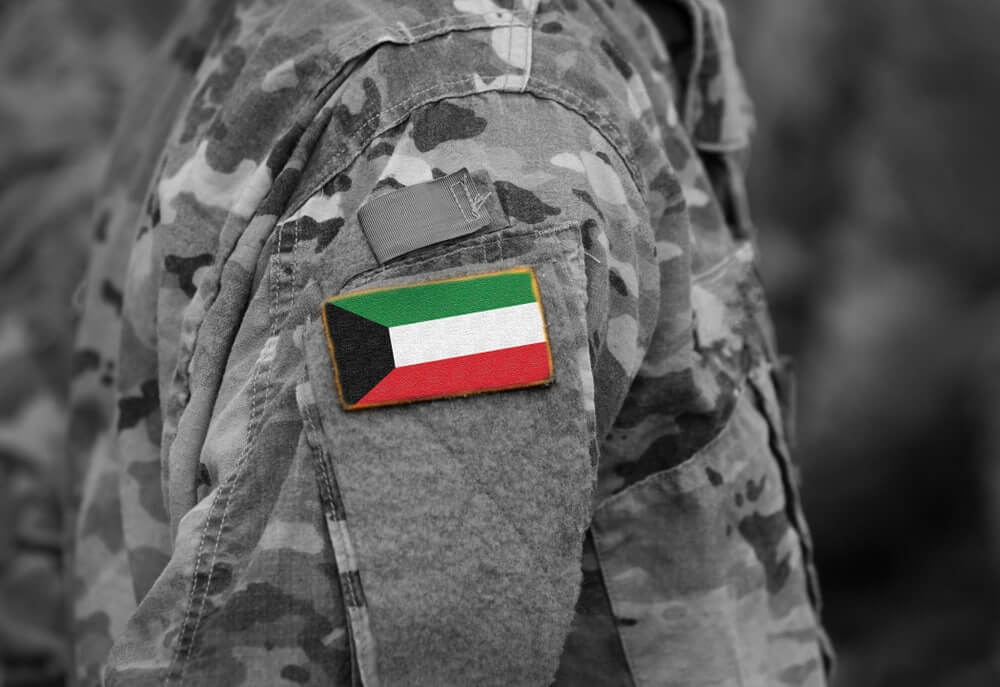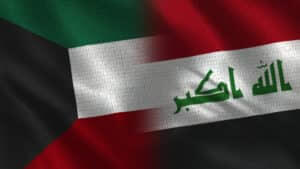
Iraq’s Invasion of Kuwait Still Bothers the Region
On August 2, 1990, the Iraqi army, received a command by the President of Iraq to cross the border into Kuwait. It forced the Kuwaiti government into exile in Saudi Arabia.
The date marked the beginning of a long and turbulent stage in the history of the Middle East.
The resolution of the UN Security Council, a coalition led by the US and supported mainly by Saudi Arabia and the UK, undertook a mission to expel Iraqi forces from Kuwait on January 17, 1991.
30 years later, the invasion of Kuwait remains an open wound in the region. It highlighted the vulnerability of the smallest countries in the Persian Gulf. Also, it accented the importance of maintaining a close relationship with the US and other major powers.
Kristian Ulrichsen, a Middle East expert at Rice University, stated that the Middle East is a very volatile region, with very small countries surrounded by much larger ones. Following the Gulf War, the US installed a large number of military bases in the countries along the Persian Gulf and Kuwait.
In 1986, then-emir of Kuwait, Jaber al-Ahmed al-Sabah, suspended parliament. He argued that the country’s security experienced exposure to a fierce foreign conspiracy, referring to the war between Iran and Iraq. However, this was not the first time a Kuwaiti leader dissolved the National Assembly. The action caused a political crisis in the country.
Kuwait had already been struggling with tension before the invasion. Many Kuwaitis left the country and took refuge in Saudi Arabia.
The Iraqi Invasion Contributed to the Restoration of Political Life
Since October 1992, after the country gained sovereignty, the functions of parliament continued without major interruptions. To a certain extent, the invasion contributed to the restoration of political and parliamentary life in Kuwait. People’s participation in political life and elections increased.
Its enormous oil reserves have made it one of the richest countries in the world. Also, compared to other Gulf monarchies, it has a more open political system. Despite this fact, Kuwait still remains a very conservative country.
Kuwait Became More Dependent on the Oil Industry
This invasion generated a multi million-dollar loss for the region, particularly for Kuwait. The oil industry faced the hardest hit after the burning of hundreds of Kuwaiti oil wells by the Iraqi army in early 1991. However, the sector has since then recovered.
According to Nayef Al-Shammari, Professor of Economics at the University of Kuwait, before the invasion, Kuwait produced 1.5 million barrels a day. Currently, it produces 2.8 BPD.
Now the country is more dependent on the oil industry. Kuwait is sustained by multi million-dollar oil exports. They contribute to more than 90% of the total national budget, higher than the pre-war period.
-
Support
-
Platform
-
Spread
-
Trading Instrument




